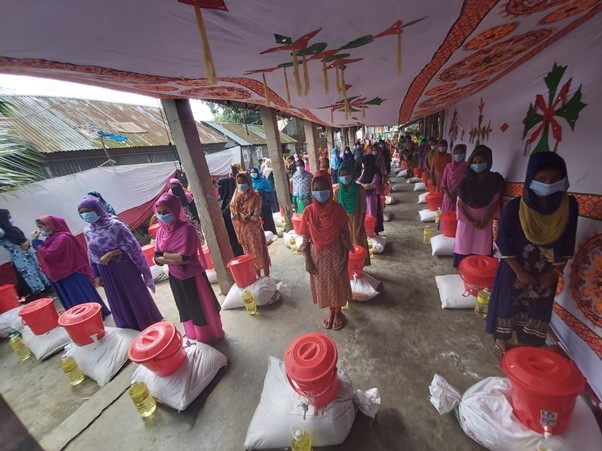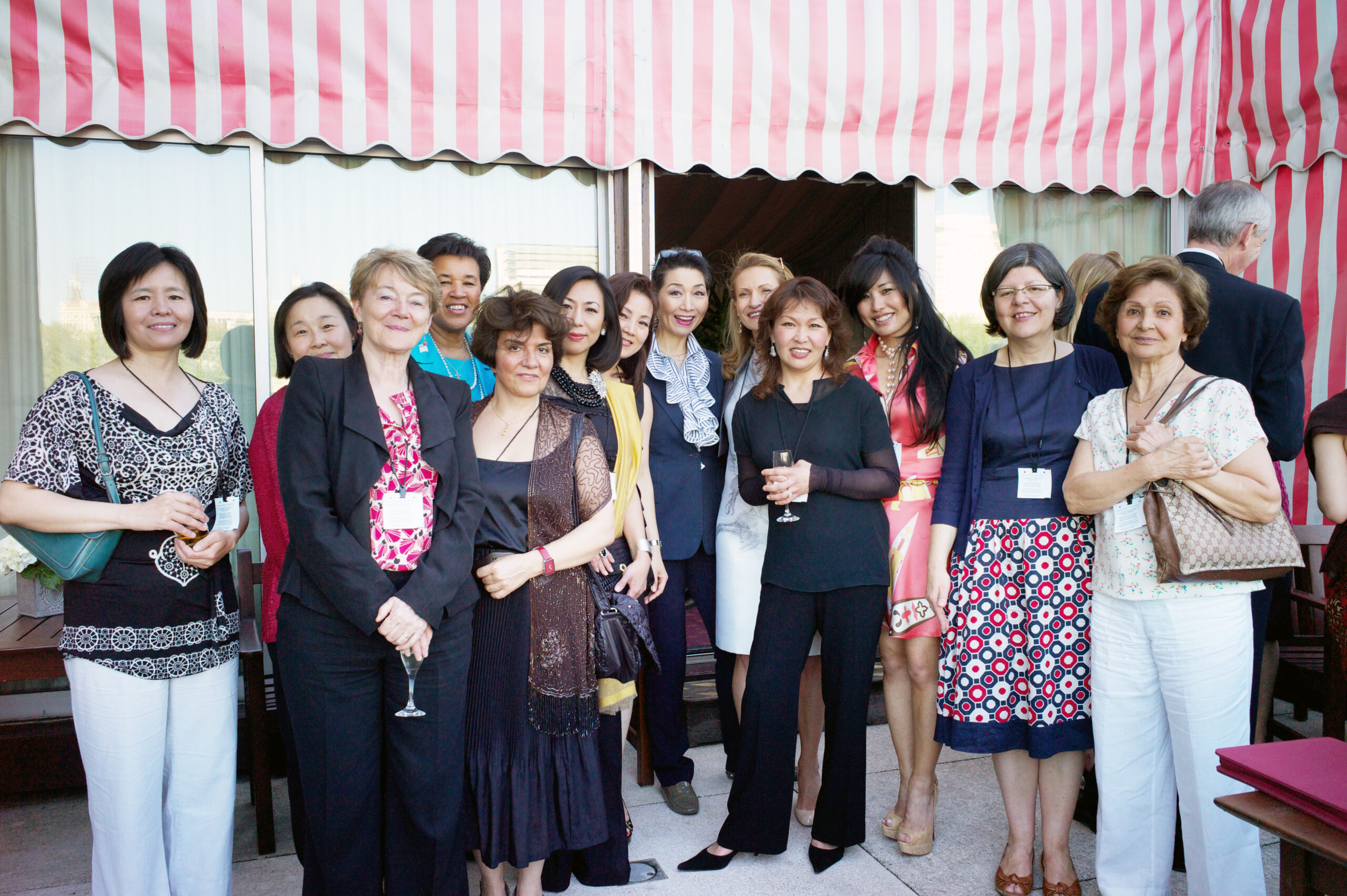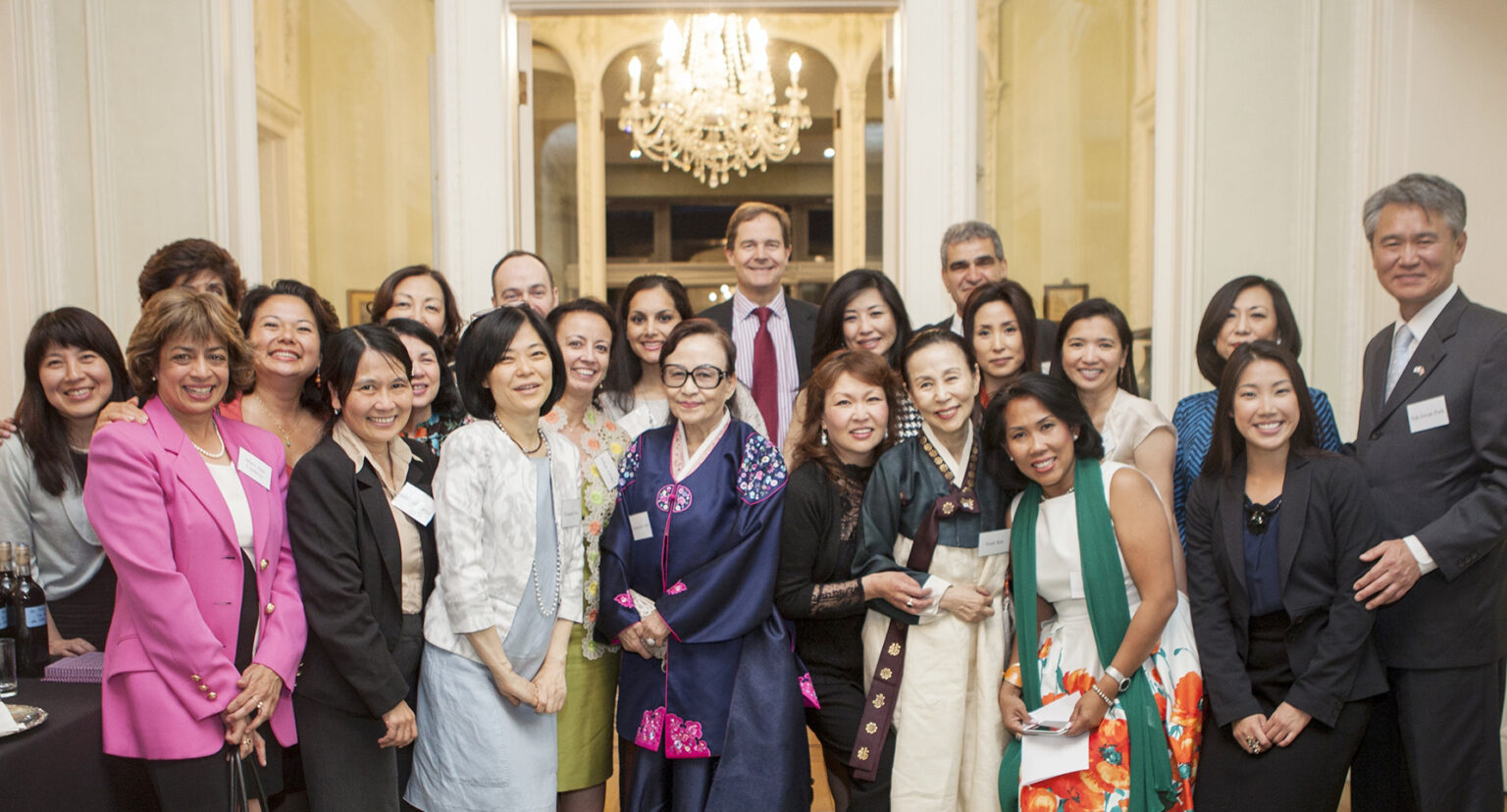Learning for Life – Kishoreganj, BANGLADESH (60 Girls)
Learning for Life aims to help South Asia’s most marginalised populations gain access to education, health and employment – the basic human rights that form the first, essential step in overcoming poverty. They provide local partners who understand local issues with the skills and support to help communities set up and manage practical and sustainable projects that meet their real needs.
This project was established in 2017, working with POPI, its local, partner charity and aims to provide education for desperately poor, marginalised communities living in the river basin areas of Bangladesh aboard a specially designed boat. The school enrolment rate of children across the river basin area of Kishoreganj in Bangladesh is 37% and the literacy rate of the adult population is a staggeringly low 16%. During the monsoon and post-monsoon seasons, the surrounding area floods and villages are forced onto tiny islands cut off by 30-40 feet of water. This leaves more than 90% of children and youths living in this area without access to any form of education. In addition to the poor education provision, ill health, malnutrition and social exploitation form part of their daily lives and they often have to work in very dangerous environments.
PAWA started supporting the project in 2019 through funding the Songlap teacher, annual sports events, boat driver, boat fuel and maintenance, learning resources and project management. The programme was extended to a second boat in 2023 and currently 60 adolescent girls will have access to quality education and life skills training leading to the government accredited exams through afternoon sessions in the floating school throughout the year. The girls will learn and understand basic life skills and other issues through ‘Songlap’ sessions. ‘Songlap’ (a Bengali word which in English means ‘dialogue’) in an accredited 12-month programme for adolescent girls, encompassing primary health care, puberty, reproductive health, HIV/AIDS, women and children’s rights, gender, life skills and income generating activities. It also includes discussions on adolescent girls’ physical, emotional and mental problems. A final phase will teach girls various practical occupational skills.
This work remains even more important as income within the community has decreased and domestic violence and child marriage increased due to the pandemic.




